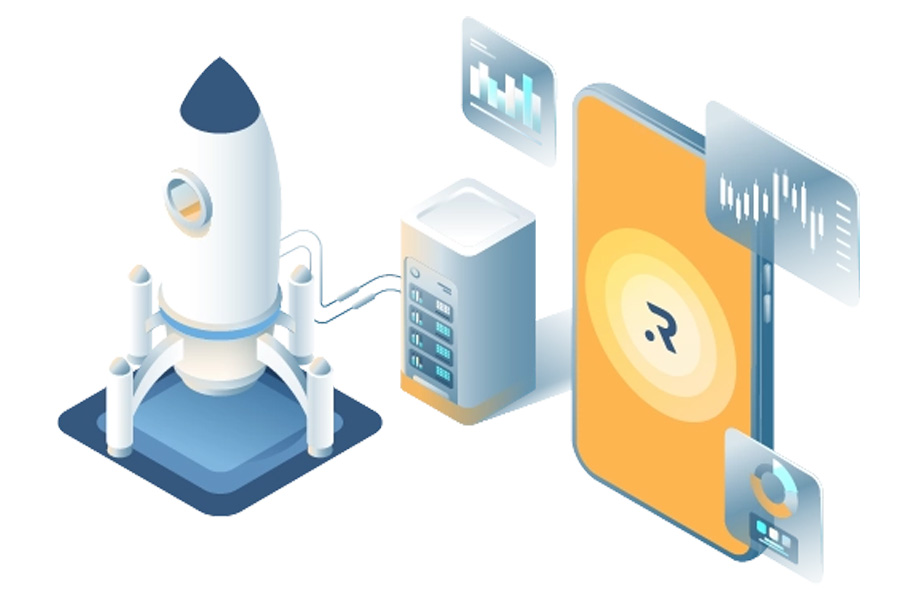RELIANOID Load Balancer and Zero Trust Architecture: Enabling Modern Security Models for Enterprise Infrastructure

Image Source: www.relianoid.com
RELIANOID Load Balancer is a cutting-edge application delivery controller designed to enhance security, performance, and reliability for both on-premises and cloud environments. As cyber threats grow increasingly sophisticated, organizations are adopting Zero Trust Architecture (ZTA) to protect critical assets. This article explores how RELIANOID supports and enables Zero Trust principles to build resilient, secure infrastructures aligned with today’s security demands.
Understanding Zero Trust Architecture
Zero Trust is a cybersecurity model that operates on the principle of “never trust, always verify.” Unlike traditional perimeter-based security, ZTA requires strict identity verification and access controls for every user and device, regardless of their location within or outside the network.
Key pillars of Zero Trust include:
- Continuous authentication and authorization.
- Micro-segmentation of networks and services.
- Least-privilege access policies.
- Robust monitoring and analytics.
How RELIANOID Load Balancer Enables Zero Trust Security
Identity and Access Control Enforcement
RELIANOID integrates seamlessly with identity providers and supports multi-factor authentication (MFA), ensuring that access to applications and services is granted only after rigorous verification.
Micro-Segmentation and Traffic Filtering
By enabling granular traffic control and segmentation, RELIANOID limits lateral movement within networks, a core Zero Trust strategy to reduce attack surfaces.
Secure Application Delivery with Encryption
RELIANOID enforces strong encryption protocols such as TLS 1.3 for all inbound and outbound traffic, protecting data integrity and confidentiality throughout the application delivery lifecycle.
Continuous Monitoring and Incident Response
Through integration with Security Information and Event Management (SIEM) tools, RELIANOID facilitates real-time monitoring, anomaly detection, and rapid incident response essential for Zero Trust environments.
Aligning with Industry Standards and Frameworks
RELIANOID’s Zero Trust capabilities align with leading cybersecurity frameworks, including:
- NIST SP 800-207 (Zero Trust Architecture guidelines).
- ISO/IEC 27001:2022 (Information Security Management).
- CIS Controls (Critical Security Controls).
This alignment supports compliance efforts and provides a structured approach to security governance.
Zero Trust in Action: Use Case Scenarios
📍 Government Cloud Infrastructure
A public sector client uses RELIANOID to segment public-facing services (e.g., citizen portals) from internal administration dashboards. By applying Zero Trust rules with mTLS and IP reputation filtering, the organization prevents unauthorized access even from inside the government network.
🏦 Finance and Banking
A financial institution deploys RELIANOID in front of their core banking APIs. It enforces token-based identity from their IdP and blocks traffic from countries outside their regulatory scope. DDoS protections and SIEM logging help comply with strict regional data regulations.
🧪 Healthcare and Research Labs
A biomedical research facility uses RELIANOID to restrict access to data visualization portals. Access requires MFA, device compliance verification, and time-based policies. This ensures only active, authorized researchers within ethical and legal scopes can retrieve patient data.
Benefits of Implementing Zero Trust with RELIANOID
- Enhanced protection against insider threats and external attacks.
- Improved regulatory compliance through strict access and data controls.
- Increased operational visibility and control over network traffic.
- Greater resilience and reduced risk of data breaches.
Conclusion
By leveraging the advanced security features of RELIANOID Load Balancer, organizations can effectively implement Zero Trust Architecture to safeguard their critical digital assets. RELIANOID’s support for identity-centric access control, micro-segmentation, encryption, and continuous monitoring positions it as a vital component in modern security strategies.








